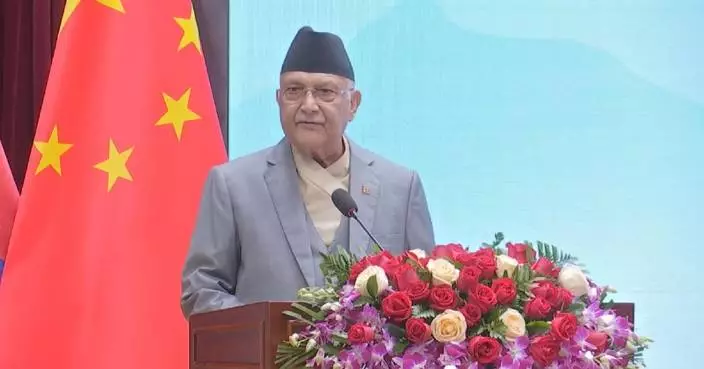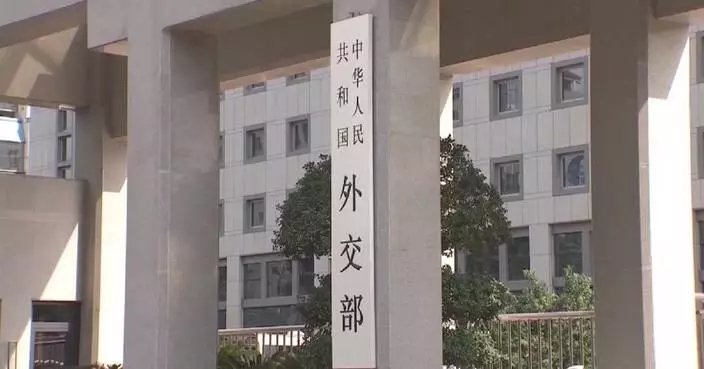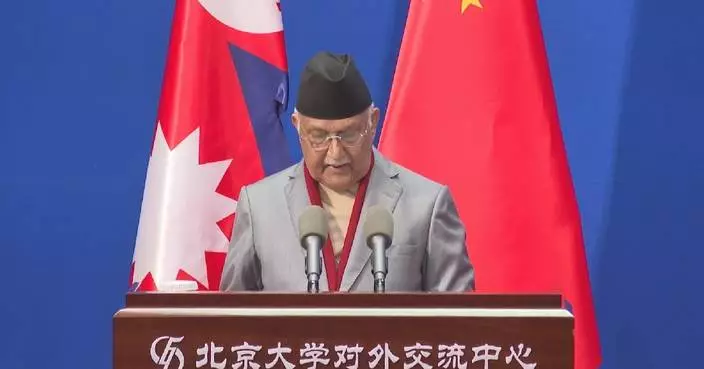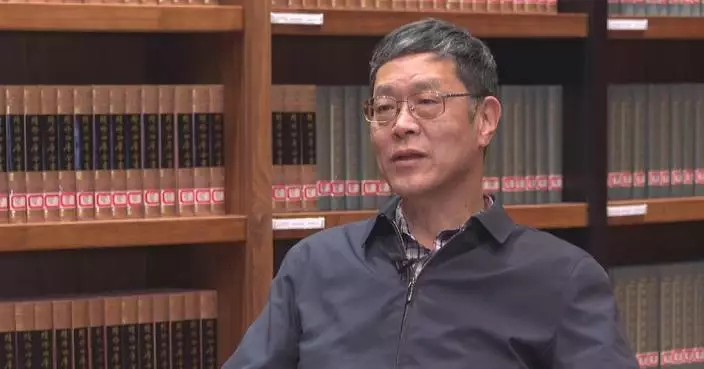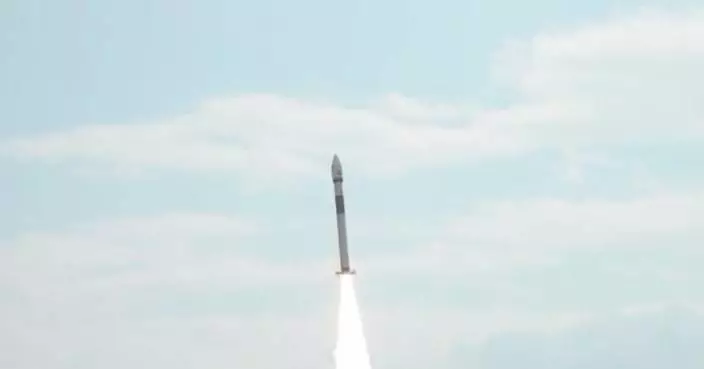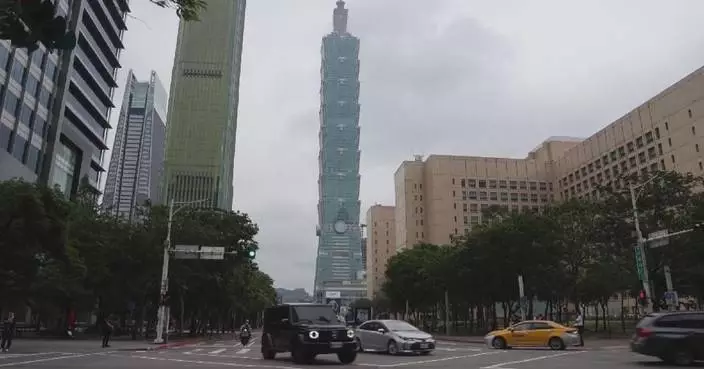Chinese car maker SAIC Motor on Wednesday said that it will take necessary legal measures to challenge the European Commission's decision to impose definitive countervailing duties on Chinese-made electric vehicles (EVs) for a period of five years.
The company plans to bring the case to the Court of Justice of the European Union, said Zhou Qi, chief legal officer of the company.
The European Commission, the executive arm of the 27-nation EU, announced on Tuesday that it had concluded its anti-subsidy investigation and decided to impose a definitive countervailing duty on imports of new battery EVs imported from China for a period of five years.
Starting from Wednesday, the sampled Chinese companies will be subject to different countervailing duties, specifically, 17.0 percent on BYD, 18.8 percent on Geely, and 35.3 percent on SAIC, according to the European Commission's announcement.
Additional firms that cooperated in the investigation will be subject to a 20.7-percent duty, while non-cooperative companies will incur the maximum 35.3-percent rate, the statement said.
SAIC Motor emphasized that this is the first time that the European Commission has proactively initiated an anti-subsidy investigation without receiving any requests from EU enterprises or industries, noting also that some foreign-funded enterprises in China are not included in the investigation.
"The European Commission's anti-subsidy investigation involves sensitive commercial information. They made errors in identifying subsidies and ignored many key facts and arguments presented by SAIC. We will take necessary legal measures, including bringing this case to the Court of Justice of the European Union, to protect our rights and interests," Zhou said.
He also said that the additional 35.3-percent tariff on SAIC's pure electric models will only raise costs for European car buyers, becoming a detriment to the development of the EV industry.
In a statement on Wednesday, the China Chamber of Commerce for Import and Export of Machinery and Electronic Products (CCCME), on behalf of the Chinese automotive industry, expressed "great regret" over the decision to impose extra tariffs on electric vehicles originating in China.
The CCCME said the European Commission failed to rectify its "incorrect findings" in the final ruling on the imposition of definitive duties against Chinese EVs, and that there was a serious lack of transparency in the procedure, adding that the move seriously violates relevant World Trade Organization (WTO) and EU anti-subsidy rules.
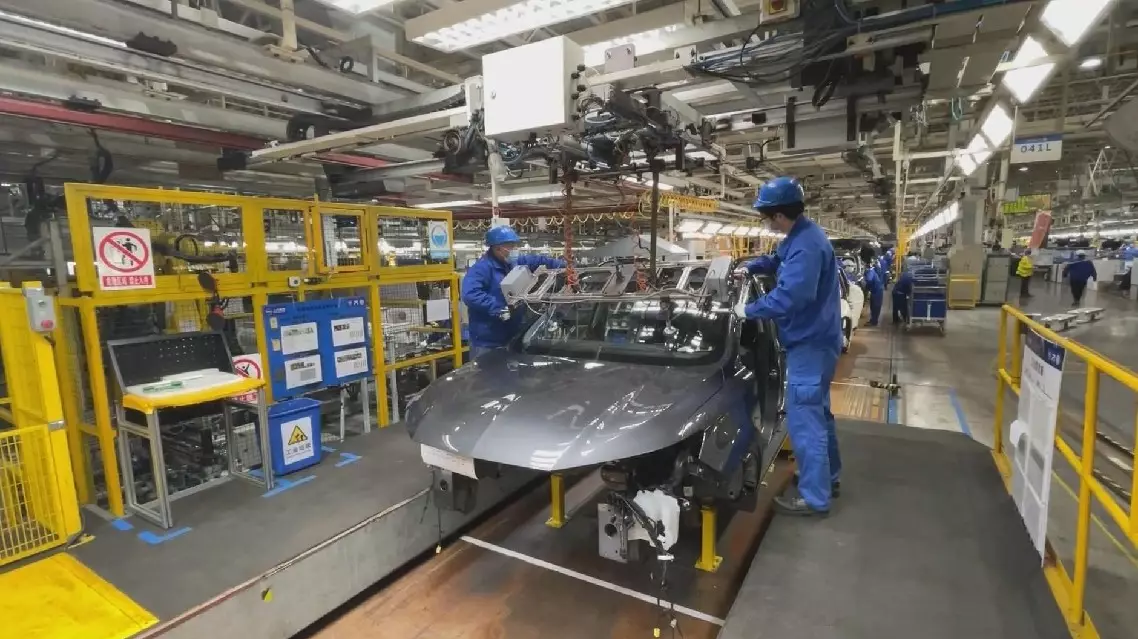
SAIC Motor to take legal measures challenging Europe's EV tariff ruling
China and Japan should work together to promote stable, lasting bilateral relations, and to uphold regional and international peace and stability, said China's top diplomat Wang Yi in a video speech at the 20th Beijing-Tokyo Forum on Wednesday.
Wang, a member of the Political Bureau of the Communist Party of China Central Committee and director of the Office of the Central Commission for Foreign Affairs, noted that China and Japan have an exchange history of more than 2,000 years, and that it has been over 50 years since the normalization of diplomatic relations between the two countries.
A China-Japan relationship with the right development direction is not only of great and positive significance to both countries and their peoples, but also to the peace and development of the region and the world, he said. Both sides should be guided by the important consensus reached by the leaders of the two countries, adhere to the original aspirations of relations, follow the right path, seek common ground, and coordinate actions, all with the aim of promoting stable, lasting bilateral relations, he said. Noting that the two sides should understand the correct positioning of bilateral relations, Wang said China has always regarded Japan as an important cooperation partner, and hopes that Japan can view China's development objectively and rationally.
It is hoped that Japan will work with China to follow the correct positioning of the comprehensive advancement of the strategic, mutually beneficial relations between China and Japan, and implement the important consensus that the two countries should be cooperative partners and should not pose a threat to each other, he said.
The two sides should maintain the political foundations of bilateral relations. The four political documents between China and Japan have laid the political and legal foundations for bilateral relations, and they should not be blurred, retrogressed or undermined, Wang said.
China and Japan need to promote an open strategy of mutual benefits. Both sides should cherish their cooperation space and common interests that have already been established, and work together to maintain the stability and smooth operations of the global free trade system and industrial and supply chains, he said. Wang also called on the two countries to uphold regional and international peace and stability. In the face of rising unilateralism and protectionism, China and Japan need to work in tandem to safeguard Asian unity and cooperation to prevent external forces from fomenting confrontation, he said.
It is hoped that the Beijing-Tokyo Forum will continue to promote candid exchange, build consensus, provide suggestions for China-Japan relations, and make new contributions to the development of China-Japan relations that meet the requirements of the new era, he said.
Launched in 2005, the Beijing-Tokyo Forum is an annual event held alternately in Beijing and Tokyo. The forum is a high-level, large-scale, interactive exchange platform between the two countries.
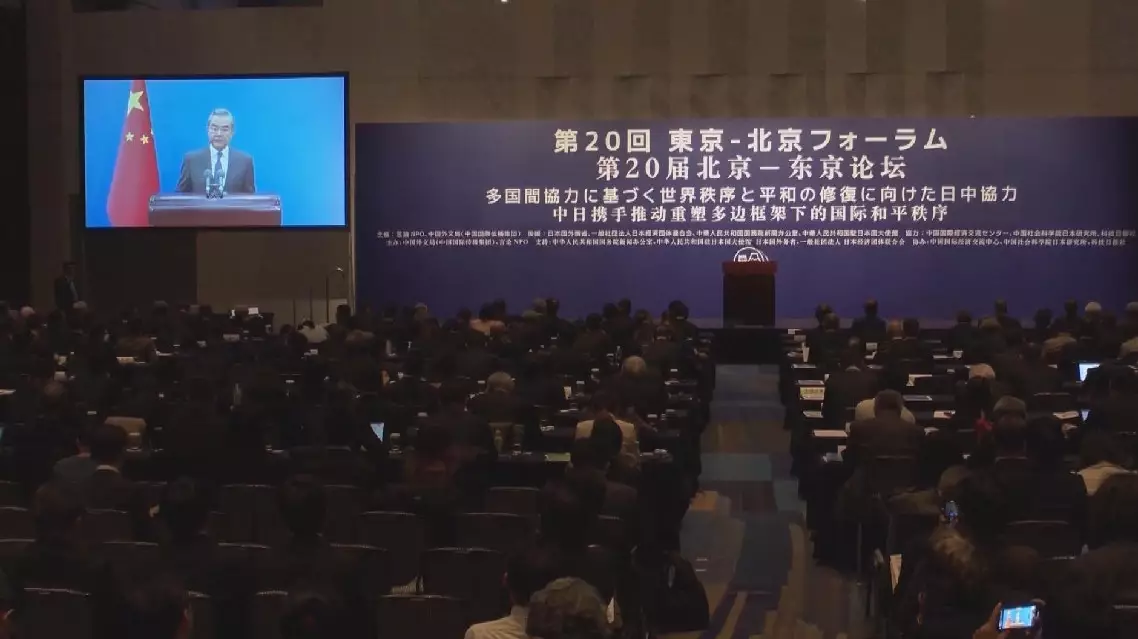
China's top diplomat calls for joint efforts to promote stable, lasting China-Japan ties




